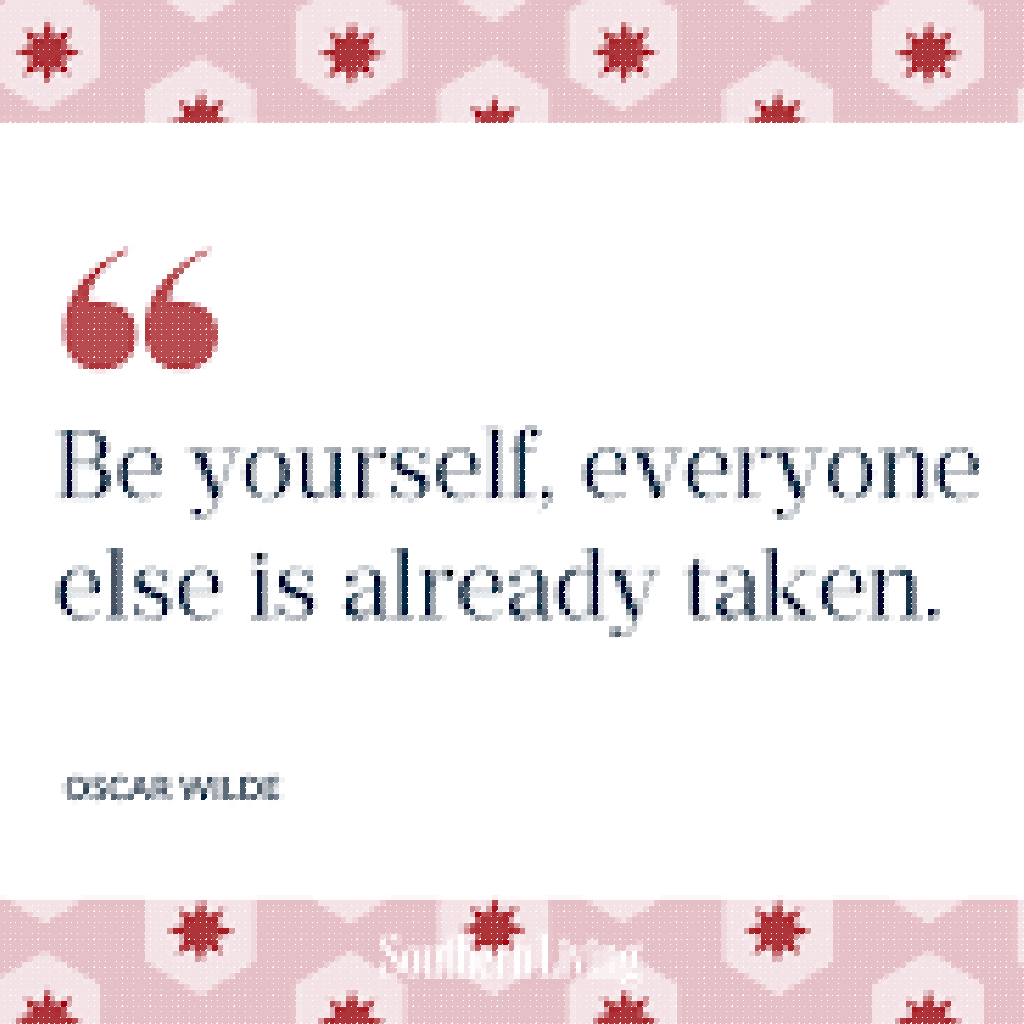The answer may be as easy as improving hiring for cultural fit if you’re wondering why recruitment is a significant struggle for most firms and why keeping great people often become a no-win situation.
There has been much discussion on the usefulness of cultural fit as a job criterion. Some people caution against hiring for cultural fit as a tool for personality discrimination. Others disagree, contending that cultural fit is the most crucial aspect to consider. After all, aptitude and attitude cannot be taught, only abilities.
Recruiting and Retaining With Culture.
We should first clarify what cultural fit is. It’s about finding people whose attitudes are upbeat and whose underlying principles coincide with yours. Could a hiring plan influenced by your company’s culture help attract and keep the finest workers?
But people will see through false cultures created to hire them. If we expect to draw and retain talent, genuine culture is needed. You need to walk the talk and build a company that demonstrates what we are all about.
Include Business Values In The Employment And Recruitment Processes.
Would a job advertisement from your employer now feel accurate to the reality of working there? Of course, it should. Imagine if only some of your company’s recruitment brochures prominently feature its ideals. In that situation, you’ll draw in individuals who must be committed to your goal and culture, negatively impacting employee retention.
On the other hand, a candidate will have a better chance of long-term success if they match your beliefs. Ask questions during the interview process that probe the core of your principles. By asking situational questions, you may discover more about a candidate’s learning strategy, problem-solving, and cooperation.
However, recruiting based on cultural fit might lead to a workplace where everyone is the same. Use strategies to hire for cultural fit while maintaining diversity. For instance, think about assembling recruiting teams with candidates from various backgrounds and then doing group interviews to reduce the impact of each individual’s bias.
Every little detail of the workday affects how employees view your company’s culture and directly affects engagement, employee retention, individual performance, and team growth. Therefore, apply these three suggestions to create a unified culture from the ground up and watch as workers collaborate to realize your company’s objective.
Define and Express.
Would the exact words characterize your workplace culture by your leaders, managers, and staff? If the response is no, it’s attainable that you need to be more intentional in expressing your culture and outlining why it is essential.
Define your corporate culture in explicit terms. What would you say about it? How does it influence your corporate strategy? Then, please discuss with your staff what that culture is, why it’s essential, and how to uphold it. Keep them from speculating.
Although the CEO frequently takes the lead in fostering business culture communication, HR managers must also take the helm. After all, HR managers are among the most influential business executives. Additionally, HR is in charge of developing employee rules and norms.
Contagious culture
These entry-level managers have tremendous potential to make a difference if a company’s leadership is trying or failing to develop a healthy workplace culture.
Young leaders establish their paths of inclusion and collaboration and demonstrate that through early mentoring. Although top-down modeling may spread across the organization more quickly, all evolutions and revolutions have originated from the bottom up.
Leaders who ascend to my level will likely change if they address the toxic work environment. Lower-level executives might create their own supportive culture in their workplace as an alternative. It quickly spreads to the remainder of the group.
Conclusion
It is a significant economic mistake that we regularly discuss culture but only emphasize it when it is opportune. Teams that are more engaged and attract top talent result from solid relationships between leaders and their firm’s culture.
If a company has an inclusive culture, employees will likely stay with it and contribute to its success. Culture is more than simply sentimental kindness. it is the cornerstone of how important you control business.








